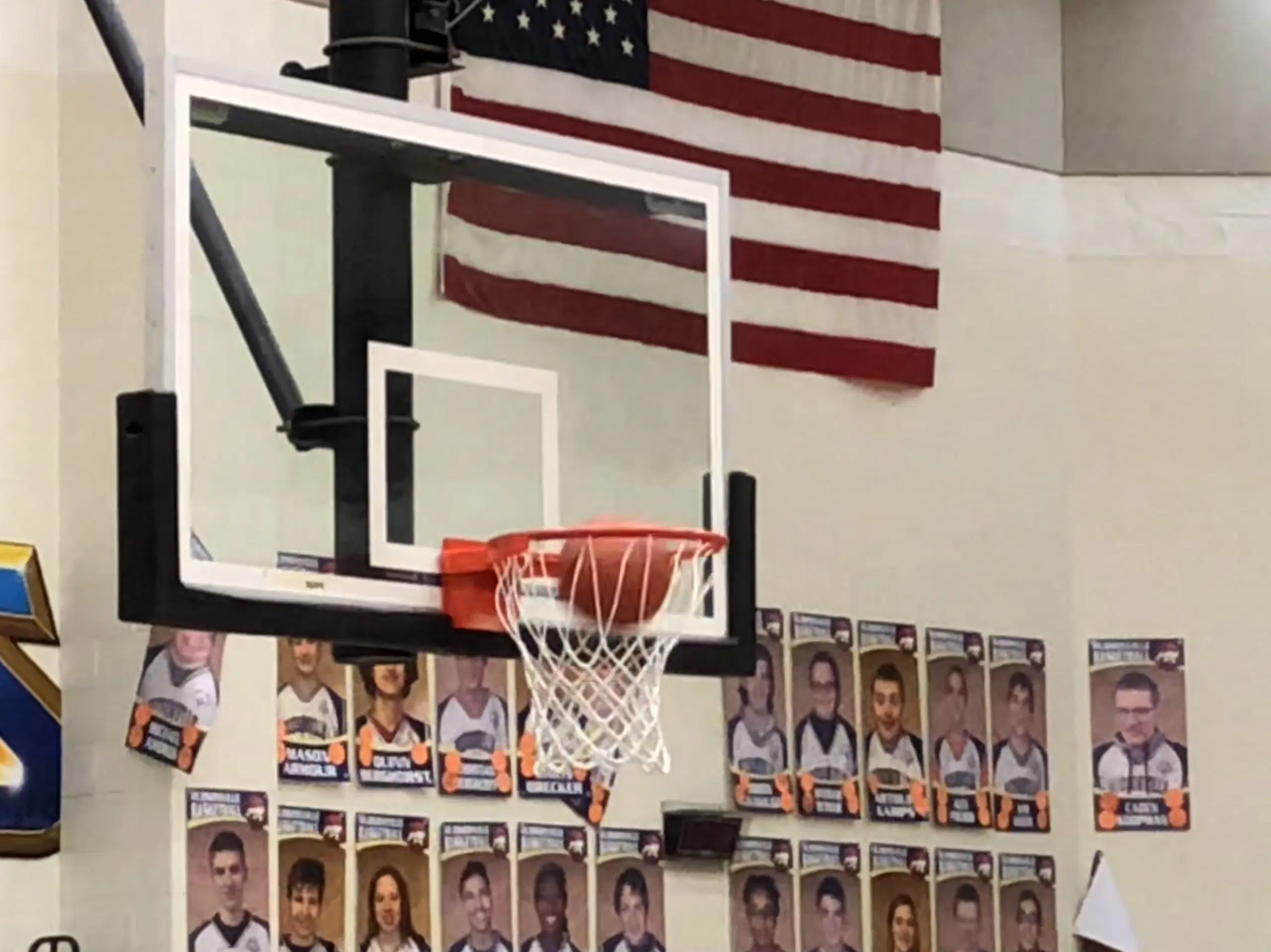By David Kirton
YANQING, China (Reuters) – As Laura Deas got ready to slide down the Yanqing ice track, the Briton knew that she was carrying the expectations of a nation that had won the women’s skeleton title at the last three Winter Olympics.
Add in the little detail that she had claimed bronze in Pyeongchang four years ago behind champion Lizzie Arnold, the pressure really was on — especially since her country had yet to win a medal of any colour in Beijing.
But all that pressure could not help her to slide down the track in a time that would put her in contention for a medal.
On Saturday she finished a lowly 19th, almost four seconds behind German gold-medallist Hannah Neise. Her team mate Brogan Crowley finished 22nd.
A shellshocked Deas was reduced to tears in the aftermath of her run.
“I think it was a really good run and I’m very proud to be finishing on that one. I think it’s probably one of the best runs I’ve done down this track,” a tearful Deas told Reuters.
“Obviously the speed that I so desperately want is not there. There’s nothing I can do about it now, it’s done. I will go away and review what’s happened and take it from there.”
Women’s skeleton has been the one winter sport in which British athletes have regularly been world beaters, winning at least one medal at every Games since the race was introduced into the Olympic programme in 2002, with Amy Williams (2010) and Arnold (2014 and 2018) bringing home the gold.
That success led to a significant amount of investment being made into the sport, giving British Olympic hopefuls access to top of the range helmets, aerodynamic skinsuits and skeleton bobsleds.
Four years ago the team’s skinsuits provoked grumbles from rivals who thought the outfits unfairly gave the British contingent a competitive advantage. But no technological advantage was on display in China.
“Honestly, I don’t know. The whole team has done everything they can in their power to get me to the start block in the best shape possible and I don’t have the answer,” said Deas.
British commentator John Jackson, who won bronze in the four-man bobsleigh in 2014, blamed the equipment for the flop show seen in Beijing, where Matt Weston and Marcus Wyatt also finished a lowly 15th and 16th in the men’s race.
“This is what we have seen with the British equipment, it’s just absolutely draining speed all the way down,” he said.
Crowley also acknowledged something was off.
“We’ll go away as a team and review everything that we can and try and move on from it,” she said.
“That’s all we can do because there’s not much understanding of what’s going on at the minute.”
(Reporting by David Kirton, editing by Pritha Sarkar)






